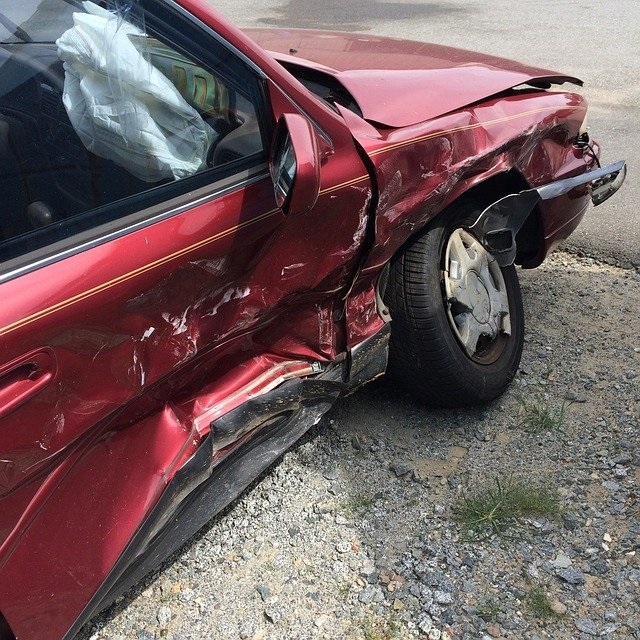
Car insurance in San Diego is more than a legal requirement for having your car registered. It protects you in the event of an accident so that in addition to all the other physical and emotional stress of the accident, the burden of financial stress can be lessened somewhat. If you’ve been in a serious accident, you’re probably wondering what the likelihood of your car being declared totaled is. Here’s what you need to know about why a vehicle might be considered a total loss and what that means for you.
What Does “Totaled” Mean?
Having your car declared “totaled” is something the insurance company decides. Totaled basically means that the car either can’t be repaired safely or that the repairs would be more than what the car’s current worth is. There are also total loss formulas used in different states that take into account the cost of the needed repairs and the scrap value of the car. These amounts must be a certain percentage of the car’s pre-accident value to be declared a total loss. The percentage varies from state to state.
How Is a Vehicle’s Worth Determined?
Insurance companies use adjusters to determine whether or not a car is totaled. These adjusters consider numerous factors to determine the pre-accident value of your vehicle. The calculations include the mileage of your car, the condition of the mechanical components and interior of your car, and any added parts. The adjuster looks at similar models being sold in your area to determine the actual cash value (ACV) of the car. Keeping receipts and having proof of improvements you’ve made to the vehicle can help you work with an adjuster to get a closer estimate of ACV.
What Are My Options with a Totaled Car?
If your vehicle is declared a total loss, there are a few different options to choose from. The most common outcome is for the insurance company to offer a check for the ACV that the adjuster determined. This money will come from the at-fault driver’s insurance or your insurer if you were at fault and had collision insurance. If you’re unhappy with the cash value offered, there’s sometimes room for negotiations. Another option is to keep the vehicle and fix it yourself. This is an option when the damage is mostly cosmetic. With this option, the insurance company would deduct the amount they’d expect to get for your wrecked car, and you would receive the remaining money. You’ll then receive a salvage title. Another option is to keep the vehicle and not repair it if the damage is cosmetic, and the payout isn’t enough to replace your vehicle. You could also choose to donate the vehicle and take a tax deduction instead.
How Can Other Coverage Protect Me?
Having your car declared a total loss can be a major financial blow, especially if the ACV isn’t enough to help you get another vehicle of the same quality. It’s a good idea to talk to a car insurance brokerabout the different coverage options to be better protected in these situations. If you have a brand-new vehicle, you might want to consider a policy with replacement coverage. In addition, Guaranteed Auto Protection (GAP) coverage is valuable coverage when your car has a loan. This will prevent you from being required to pay off the remainder of a loan when your car is totaled.
To learn about more car insurance coverage options, contact California Brokerage Associates today.
